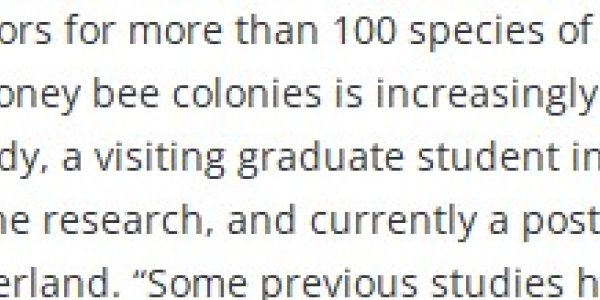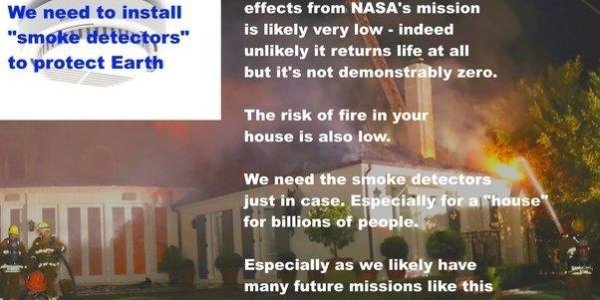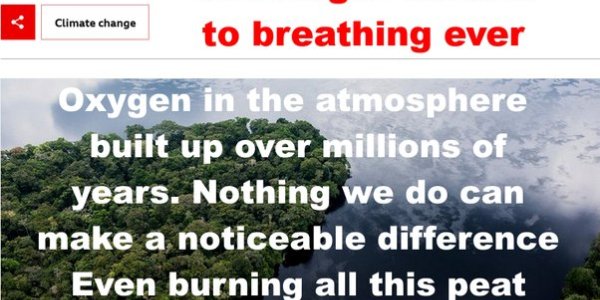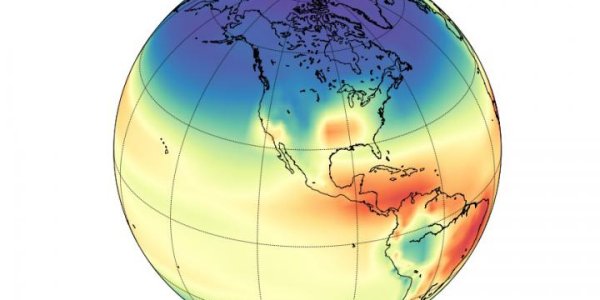America's Next Challenge May Be Not Enough Farmland In Use
Right now, 17 percent of the US is cropland while 51 percent is open and essentially unused. We have more open space in the US than the entire continent of Africa, only 3 percent of our land is urban…










